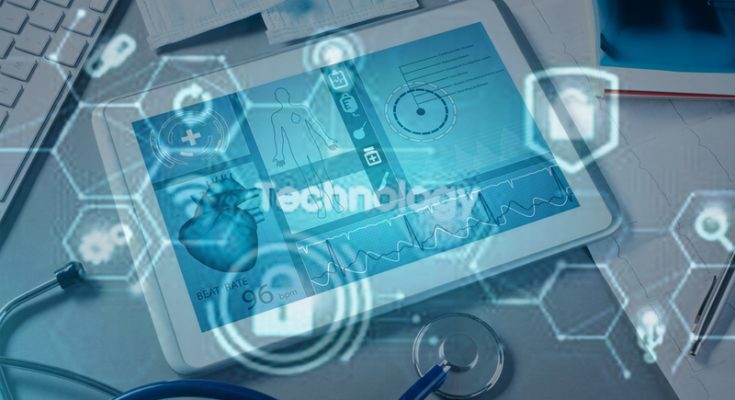When it comes to healthcare technology trends, one of the most exciting ones is artificial intelligence. Many people don’t realize just how much in demand there is for health tech solutions to patients and doctors alike. One such solution that’s already starting to become more popular is called telemedicine. The term “telemedicine” simply refers to the use of telecommunications to connect health providers in various locations to patients and medical professionals in another location.
New Generation Of healthcare
By combining the technological advances with artificial intelligence, a new generation of healthcare providers will be able to help their patients virtually right from their desktops. With an on-demand telemedicine app, healthcare providers will have access to data from all over the world without having to rely on travel or time zones. All data collected by the healthcare provider will be able to be integrated within the medical professionals’ computer so they can make decisions about patient care right from their computer screen. This provides them with the ultimate flexibility when it comes to treating patients and improving patient care.
Machine Learning
Another huge trend in the healthcare industry is machine learning. Machine learning involves the use of large databases to identify patterns and relationships among different variables. Like predictive dialysis, machine learning is poised to completely revolutionize the way that physicians and other health care providers communicate with each other. Predictive dialysis machines and other similar systems are already being used in clinics all around the country; by the time this new generation of technologically advanced machines becomes available, it will have a significant impact on patient care.
Medical researchers also are looking at ways to improve the safety and effectiveness of vaccines. In the past, a doctor might take a random shot at a patient; today, he or she has a pandemic virus in their hands before even getting to the hospital. Much like machine learning, there are currently many researchers working on making the next generation of vaccines more effective and safe. Several groups are researching methods for artificial intelligence to help doctors make this next-generation vaccine.
Healthcare professionals are also interested in improving the accuracy and reliability of existing machines and software. Advances in artificially intelligent software and machine learning are making it easier than ever for hospitals and other medical facilities to process large volumes of information. Machine learning and artificial intelligence are also playing an important role in the process of vaccine development. The goal is to reduce the number of delays in developing vaccines that could potentially save lives. In addition, healthcare workers and others who work with the public in developing vaccines and medicines are also noticing that artificial intelligence has made it much easier to get real-time data on their behaviors.
To improve the machine learning accuracy of current systems, researchers are testing methods for facial recognition and thermal screening. Both of these are relatively new technologies that hold great potential for reducing healthcare costs and preventing the spread of diseases such as Mumps, Hepatitis A, and Hepatitis B. While it is difficult to determine whether a machine learning method will completely prevent an outbreak or reduce the costs and scope of future outbreaks, healthcare professionals are optimistic about the direction artificial intelligence is taking in both fields.
Telemedicine
Another one of the healthcare technology trends gaining momentum is telemedicine. Increasingly, doctors are using computerized devices that allow them to communicate with patients remotely. These can provide access to vital signs and even to prescribe treatments on the spot based on the data the device gathers. For example, a doctor can use a telemedicine system to gather patients’ data on heart rate and other variables to create a more accurate assessment of the patient’s health based on symptoms and other factors. Telemedicine allows healthcare professionals to collaborate with patients more efficiently and more effectively.
Medical practices have been slow to adopt telemedicine apps due to some hesitancy regarding the technology itself. However, the rapid adoption of smartphone technology is changing the mobile landscape drastically. Smartphones have the unique ability to access the same information that a computer can. Because smartphones can easily connect to the internet, they can become the platform for everything from real-time stock quotes to appointment reminders. As these technologically advanced devices gain more popularity, healthcare providers will find it easier and more affordable to implement telemedicine apps, which are sure to influence healthcare technology trends.




